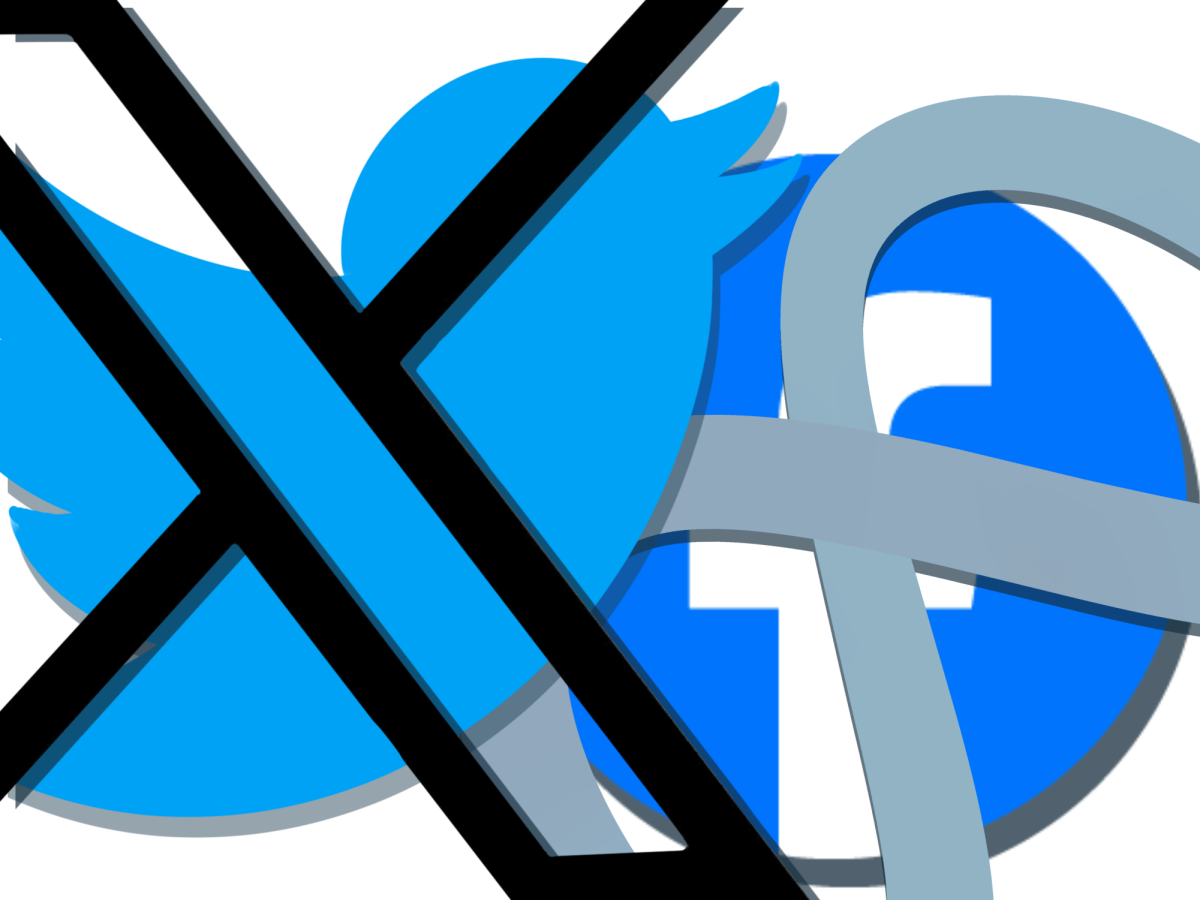What’s in a name? On the surface, names have no intrinsic value, just words we use to refer to things. But that’s not the entire story. Names hold meaning, a confluence of emotions and associations tied together. When we use names, we share those ideas with others, conveying multitudes compacted into a single word.
Names are the reason we can communicate so much while only saying so little. It’s why when someone says, “I need a Kleenex,” or “Could you fetch me a Band-Aid?” we know exactly what they mean. Tissue. Bandage. Different words. Same meanings. The terminology has become so common that the brands themselves replace their products. For companies’ marketing teams, that degree of association is coveted, a goal that they aspire towards.
Well, there’s a caveat. When corporate brands and names find their niche in everyday vernacular, they ingrain themselves into consumer culture. But when a brand becomes too prevalent, the court of law may strip away its exclusive trademark status. Think of aspirin or zipper or escalator. All were once company-specific brands. Now, they are relegated to generic usage, as upper school psychology teacher Dr. Julie Turchin explains.
“If courts determine that something is so ubiquitous as to become a replacement for the generic, then they lose that massive brand,” Dr. Turchin said. “So Kleenex, for example, as facial tissue. They want you to have such a strong association that when you think ‘tissue,’ you immediately think ‘Kleenex,’ but not so much that it becomes a generic name and not the brand name.”
In such cases, the widespread prevalence of a name can be detrimental. But for most, brand recognition still holds value. A recognizable company name is often the hallmark of a successful brand, able to resonate with a large audience. Become too successful, though, and that brand might disappear. For popular brands, treading that balance is key, second in importance only to the name they choose.
Names convey more than company brands. They convey values and aspirations, goals and dreams, all of which resonate with their user base. For upper school business teacher and Youtuber Patrick Kelly, his experience with creating a Youtube channel name cemented his understanding that a brand name can make or break a company.
“Brand names communicate a ton of value,” Kelly said. “Instagram back when they were their own business, was a great example because ‘gram,’ – it’s going to be a picture. ‘Insta,’ it’s instant. But some companies, you have to figure out what the brand is and then associate it with the brand. So both things can happen at the same time: brands can be very descriptive and communicate the value that they’re trying to provide, or they can be an empty vessel that we try to put meaning into.”
The value that a well-chosen brand name offers is indispensable, but sometimes, companies change their brands altogether. In general, such sudden changes are inadvisable, sacrificing large swaths of the consumer base and eliminating brand associations. Why then have two of the largest tech companies, Meta (formerly Facebook) and X (formerly Twitter), recently done so? Chloe Lee (12), who uses both social media platforms, said she finds the name changes unintuitive and hard to grapple with.
“I’d prefer it to have stayed as the original name,” Chloe said. “They can change their designs or group up with other companies, that’s fine, but in day-to-day conversations it’s just confusing. It’s inconsistent — one person using ‘X,’ one person using ‘Twitter.’”
Despite the confusion that name changes can cause, in the case of both Meta and X, the desire to expand into a more generalist corporation influenced their decision. For Meta, as companies like Instagram, WhatsApp and Threads were absorbed, the term “Facebook” no longer encompasses the parent company’s offerings. As for X, owner Elon Musk’s vision to create an everything-platform influenced his choice of the generic letter “X” over “Twitter.”
Both name changes have drawn controversy, with many people questioning the motives behind such moves. Criticism of Facebook’s shift to Meta followed the failings of the Metaverse. The backlash regarding Twitter’s name change focused on the rationale behind the decision. For Twitter, well-known in the world of social media and microblogging by its “tweets,” completely shifting gears to the mysterious “X” disoriented many users. Critics speculated Twitter’s name change to X was not based on sound business logic but perhaps Musk’s interest in the letter “X” and his ownership of the domain X.com in 1999.
“It just seems like [Musk] likes the branding, but didn’t think about what it actually means to a larger audience,” Kelly said. “I think most of us see “X” and we don’t really know the significance automatically, compared to Twitter, which had a much more clear brand.”
Twitter. X. Facebook. Meta. Single words. Countless meanings. From the people who surround us to the brands we often use, names are rife with association, each one connecting ideas and emotions to the entity they represent. Nothing more, nothing less. And in that space between meaning and madness lies a name, the only figment that means nothing save the value we ascribe to it. That is a name.
But behind that void of meaning which we call a name, the connections and ideals we draw from them are indeed real. For companies like Meta and X, even as all else remains constant, even as the people, the products, the purpose remain the same, it only takes one name to change for the entire identity to change with it. That is the power a name holds.


















![“[Building nerf blasters] became this outlet of creativity for me that hasn't been matched by anything else. The process [of] making a build complete to your desire is such a painstakingly difficult process, but I've had to learn from [the skills needed from] soldering to proper painting. There's so many different options for everything, if you think about it, it exists. The best part is [that] if it doesn't exist, you can build it yourself," Ishaan Parate said.](https://harkeraquila.com/wp-content/uploads/2022/08/DSC_8149-900x604.jpg)




![“When I came into high school, I was ready to be a follower. But DECA was a game changer for me. It helped me overcome my fear of public speaking, and it's played such a major role in who I've become today. To be able to successfully lead a chapter of 150 students, an officer team and be one of the upperclassmen I once really admired is something I'm [really] proud of,” Anvitha Tummala ('21) said.](https://harkeraquila.com/wp-content/uploads/2021/07/Screen-Shot-2021-07-25-at-9.50.05-AM-900x594.png)







![“I think getting up in the morning and having a sense of purpose [is exciting]. I think without a certain amount of drive, life is kind of obsolete and mundane, and I think having that every single day is what makes each day unique and kind of makes life exciting,” Neymika Jain (12) said.](https://harkeraquila.com/wp-content/uploads/2017/06/Screen-Shot-2017-06-03-at-4.54.16-PM.png)








![“My slogan is ‘slow feet, don’t eat, and I’m hungry.’ You need to run fast to get where you are–you aren't going to get those championships if you aren't fast,” Angel Cervantes (12) said. “I want to do well in school on my tests and in track and win championships for my team. I live by that, [and] I can do that anywhere: in the classroom or on the field.”](https://harkeraquila.com/wp-content/uploads/2018/06/DSC5146-900x601.jpg)
![“[Volleyball has] taught me how to fall correctly, and another thing it taught is that you don’t have to be the best at something to be good at it. If you just hit the ball in a smart way, then it still scores points and you’re good at it. You could be a background player and still make a much bigger impact on the team than you would think,” Anya Gert (’20) said.](https://harkeraquila.com/wp-content/uploads/2020/06/AnnaGert_JinTuan_HoHPhotoEdited-600x900.jpeg)

![“I'm not nearly there yet, but [my confidence has] definitely been getting better since I was pretty shy and timid coming into Harker my freshman year. I know that there's a lot of people that are really confident in what they do, and I really admire them. Everyone's so driven and that has really pushed me to kind of try to find my own place in high school and be more confident,” Alyssa Huang (’20) said.](https://harkeraquila.com/wp-content/uploads/2020/06/AlyssaHuang_EmilyChen_HoHPhoto-900x749.jpeg)











